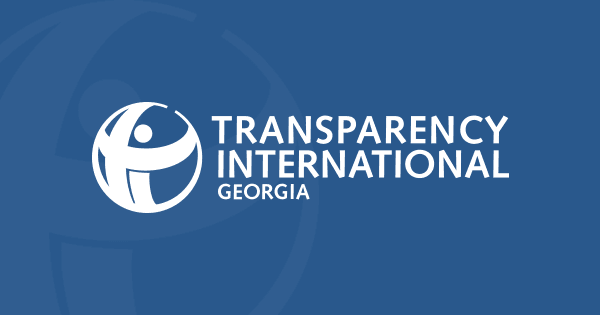Transparency International Georgia, a local watchdog, released a report on June 16, outlining major shortcomings in Government’s revised budget proposal for 2020, and advising on measures to enhance resilience to potential economic shocks in the foreseeable future.
The watchdog advised the Government to put together alternative economic outlooks as the projected recession by 4 % – it said – was “an optimistic forecast” given dire consequences of COVID-19 crisis for the economy.
The CSO slammed Cabinet’s initiative to subsidize mortgage loans for “middle-income and high-income earners,” while many laid-off workers “did not receive unemployment benefits” and funds to dole out allowances to socially vulnerable groups were running low.
The watchdog argued against the Government weighing in to aid commercial banks by providing GEL 600 million (USD 197 million) in liquidity. It highlighted that the Government was taking over the role of the Central Bank, and assumed unnecessary fiscal burden while borrowing neared the debt ceiling (currently capped at 60 % of GDP).
Therefore, TI Georgia recommended to take measures aimed at reducing budget deficit and alleviating Government’s debt burden to render the country more resilient to “unexpected economic pitfalls.”
TI Georgia also advocated more budget cuts through slashing administrative expenses and other non-essential spending (fuel, refurbishing offices, travel expenses of government employees and etc.).
The Georgian government unveiled a revised budget proposal on June 9, which foresees stepping up spending in order to absorb the negative economic impact of coronavirus. The Cabinet envisages spending cuts to free up GEL 600 million from the budget, and hiking pandemic-related expenses to GEL 3,4 billion (USD 1,1, billion).
This post is also available in: ქართული (Georgian) Русский (Russian)

